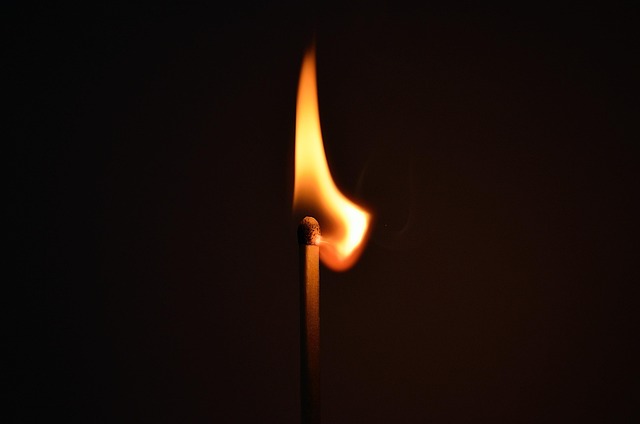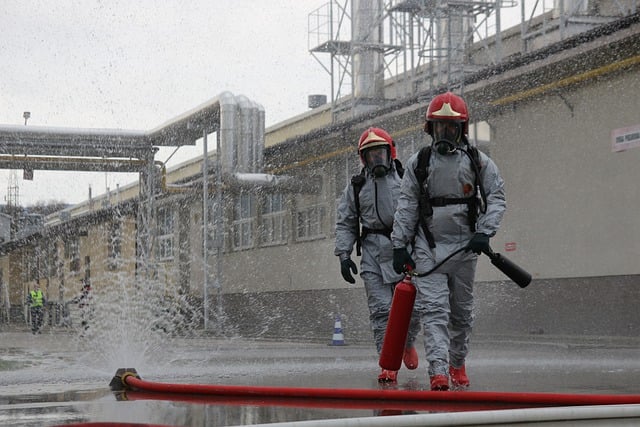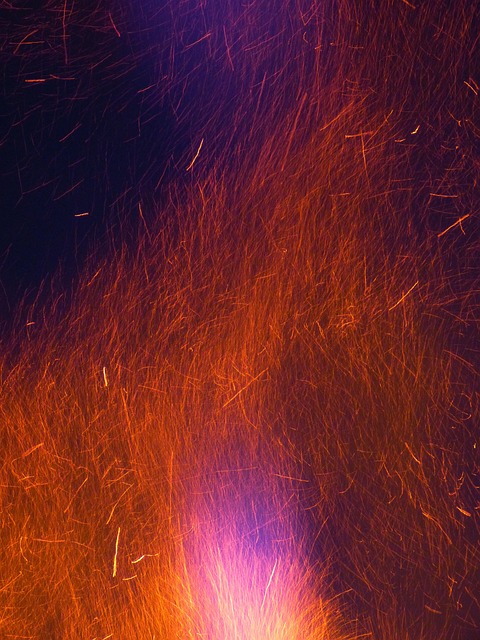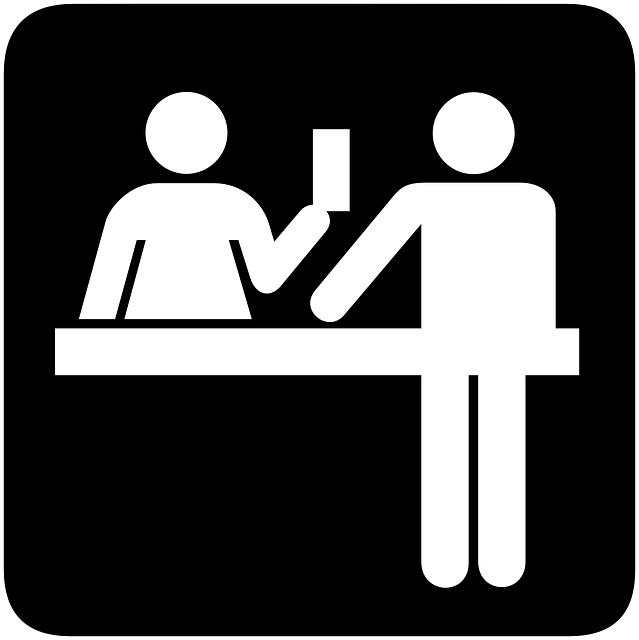In California, strict property disclosure laws aim to protect homebuyers post-fire. Sellers must disclose known defects like prior fires, structural damage, water leaks, and environmental issues using the Residential Property Disclosure Form. Buyers should conduct professional inspections before purchasing homes after fires in California. Key terms: sell house after fire California. Thoroughly inspecting and documenting damage is crucial for sellers, who face legal repercussions for misrepresentation. Understanding these laws ensures informed decisions and smooth transactions when selling or buying a home after a fire in California.
When selling a home in California, especially after a fire, understanding property disclosure laws is crucial. This comprehensive guide navigates through the intricate web of regulations, focusing on what happens when you sell a house post-fire and how to identify and document damage effectively. We explore legal obligations for sellers, ensuring all relevant information is disclosed, while also protecting buyers’ rights and remedies in California real estate transactions.
- Understanding Property Disclosure Laws in California
- What Happens When Selling a House After a Fire?
- Identifying and Documenting Damage: A Comprehensive Guide
- Legal Obligations for Sellers: Disclosing All Relevant Information
- Protecting Buyers: Rights and Remediations in California Real Estate Transactions
Understanding Property Disclosure Laws in California

In California, property disclosure laws are designed to ensure transparency and protect buyers when selling a house after a fire or any other event. Sellers are required to disclose known defects or hazards that could impact a buyer’s decision to purchase the property. This includes revealing previous fires, structural damage, water leaks, mold issues, and even potential environmental concerns. Failure to do so can lead to legal repercussions.
When selling a house after a fire in California, it’s crucial to accurately complete the California Residential Property Disclosure Form. This form asks detailed questions about the property’s history, including any damage or repairs made due to fires or other disasters. Sellers must answer truthfully and provide supporting documentation if necessary. Buyers are encouraged to have their own professional inspection to verify the information provided and ensure they’re making an informed decision when purchasing a home in California after a fire.
What Happens When Selling a House After a Fire?

When selling a house after a fire in California, there are specific property disclosure requirements that must be met. Homeowners are legally obligated to disclose any known issues or damage to potential buyers, including those resulting from fires. This includes providing detailed information about the extent of the damage, repairs made (or needed), and any structural changes.
California’s Real Estate Disclosure Act requires sellers to complete and provide a Property Transfer Disclosure Statement (PTDS) to buyers. This form asks for details about various potential hazards and issues, such as fire damage, which can impact the property’s safety and value. Sellers must sign this document, certifying that all information is accurate, or face legal consequences if they misrepresent or omit important facts. Buyers, in turn, are responsible for reviewing the disclosure statement carefully and conducting their own inspections to ensure they fully understand the property’s condition before proceeding with the sale.
Identifying and Documenting Damage: A Comprehensive Guide

When preparing to sell a house after a fire in California, identifying and documenting damage is a crucial step in the process. It’s essential to thoroughly inspect the property, noting any visible signs of smoke, water stains, or structural issues caused by the fire. Start by walking through every room, taking note of damaged walls, ceilings, floors, and fixtures. Check for odours, as smoke can linger, and examine window frames, doors, and ventilation systems for any traces of fire or water damage.
Documenting this damage is just as vital. Take clear photos or videos of affected areas, including close-ups of specific issues. Keep detailed records of repair estimates from qualified professionals to support your disclosures. This comprehensive guide ensures that potential buyers are fully informed about the property’s history and any necessary repairs, promoting transparency and setting a fair expectation for the sale in the California real estate market.
Legal Obligations for Sellers: Disclosing All Relevant Information

When selling a house after a fire in California, sellers have legal obligations to disclose all relevant information about the property’s history and any damage caused by the fire. This includes providing detailed accounts of the fire’s extent, the reconstruction efforts undertaken, and any potential safety concerns related to the structure. Failure to do so can lead to legal repercussions and even financial penalties.
California law mandates that sellers offer transparent and accurate information to prospective buyers to ensure they make informed decisions. Sellers must disclose known issues, such as past structural damage or fire-related repairs, to avoid misleading potential homeowners. This transparency is vital in the real estate market, fostering trust between buyers and sellers and promoting a fair and honest transaction.
Protecting Buyers: Rights and Remediations in California Real Estate Transactions

When it comes to selling a house after a fire in California, buyers have specific rights and protections thanks to stringent property disclosure laws. These regulations are designed to ensure transparency and safeguard purchasers from potential financial surprises. In California, sellers are legally obligated to disclose any material defects or issues affecting the property, including those resulting from disasters like fires. Failure to do so can lead to legal action by the buyer, who may seek remedies such as voiding the sale or negotiating a reduced price based on the undisclosed problems.
For buyers looking to purchase a home after a fire, understanding these disclosure requirements is crucial. It empowers them to make informed decisions and negotiate terms that reflect the current state of the property. If a seller omits significant information about damage caused by a fire, it could lead to disputes down the line. Therefore, both parties should carefully review disclosure forms and conduct thorough inspections to ensure a smooth transaction when selling or buying a house after a fire in California.
When selling a house after a fire in California, understanding property disclosure laws is crucial. This comprehensive guide has navigated through key aspects, from identifying and documenting damage to legal obligations for sellers and protecting buyers’ rights. In light of these requirements, ensuring transparency and full disclosure during real estate transactions not only fosters trust but also safeguards all parties involved, especially when selling a house after a fire in California.






